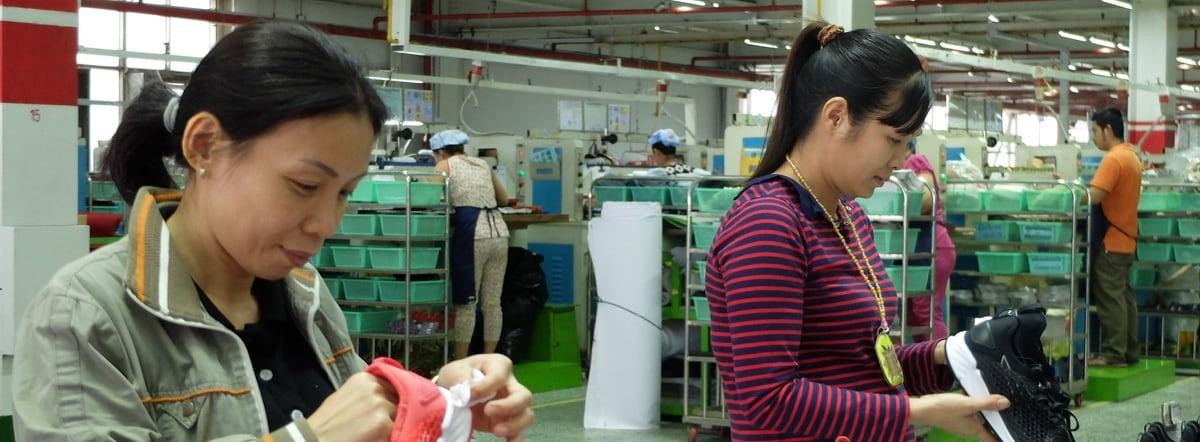Policies and Handbooks for Business Partners
Policies and handbooks for business partners
We believe that as the Fastest Sports Brand in the world we have the responsibility to ensure that our products are manufactured in decent workplaces where human rights are respected. PUMA works with more than 550 external manufacturing partners located primarily in Asia, but also Europe and Latin America. These relationships provide jobs and economic development and we are committed to working towards a more just and sustainable future through continued improvement in our supply chain.
Our Standards
Code of Conduct
Since 1993, PUMA’s Code of Conduct has set clear standards. PUMA’s supply chain partners agree to adhere to our Code of Conduct as soon as they enter a purchasing contract with us.
PUMA Sustainability Handbooks
PUMA’s Code of Conduct was introduced back in 1993 and expresses two commitments publicly and transparently:
- PUMA respects human rights. This defines our engagement with the societies in which we operate, and with our partners throughout our supply chain.
- Engaging with societies also includes environmental aspects. We are determined to manage, reduce and report on the impact on the environment of both our organization and our supply chain.
To comply with the PUMA Code of Conduct, all our vendors must meet the required environmental, chemical, social and occupational health and safety standards, as laid out in the PUMA Sustainability Handbooks. These standards may exceed local legal requirements; where differences or conflicts arise, the highest standard shall apply.
PUMA Sustainability Policies
Legal Disclaimer:
The content of those handbooks is not meant to replace local or national regulations, nor will following these guidelines guarantee that all regulations are complied with. It remains the sole responsibility of our own entities, vendors and their subcontractors to ensure compliance with all local and national regulations at all times.
All PUMA vendors are contractually bound to pursue only business relationships with subcontractors who comply with these established guidelines.
The PUMA Sustainability Handbooks are subject to continuous updates and improvement. Therefore, suggestions are always welcome via email.



